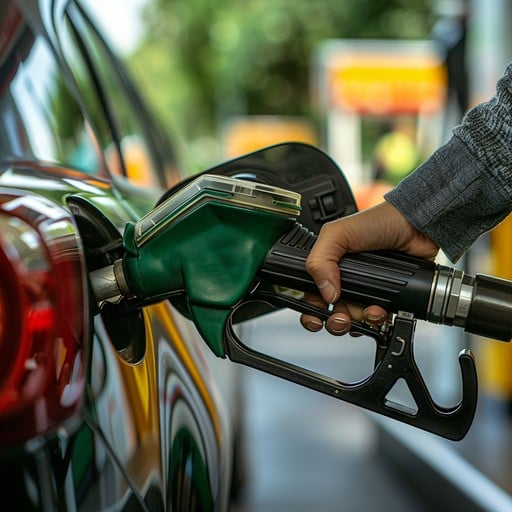BUSINESS &ECOMONY

CSO URGES FG TO DELAY 15% FUEL TARIFF, WARNS POLICY COULD SPARK PRICE HIKE
The Peering Advocacy and Advancement Centre in Africa (PAACA) has called on the Federal Government to postpone the planned 15% import tariff on petrol and diesel, warning that its immediate implementation could trigger a sharp rise in fuel prices and worsen the ongoing economic hardship.
At a press briefing in Abuja, PAACA Executive Director Ezenwa Nwagwu said domestic refining capacity in Nigeria is not yet sufficient to meet national demand. He argued that the tariff, if applied now, would push pump prices up by N140–N165 per litre, affecting millions of Nigerians.
Currently, imported petrol costs about N802 per litre, while locally refined fuel sells at N929.72 per litre. Nwagwu noted that the Dangote Refinery, which the tariff appears designed to favor, supplies only about 40% of national demand and still imports components for blending, making restrictions on importers premature and risky.
He also raised concerns that relying on a single major supplier could give that company excessive control over pricing and distribution, potentially sidelining independent depot owners and marketers who have invested heavily in infrastructure.
PAACA urged the government to suspend the proposed tariff until domestic refining can meet at least 80% of national fuel demand. Nwagwu emphasized that transparency, fair competition, and protection of consumers and small businesses should be central to policy decisions in vital sectors like fuel, cement, and food.
“Our call is straightforward,” he said. “The government must suspend or reject the proposed tariff, correct its economic, social, and ethical flaws, and educate the public on the dangers of monopolies in essential sectors.”
"This represents a significant development in our ongoing coverage of current events."— Editorial Board









